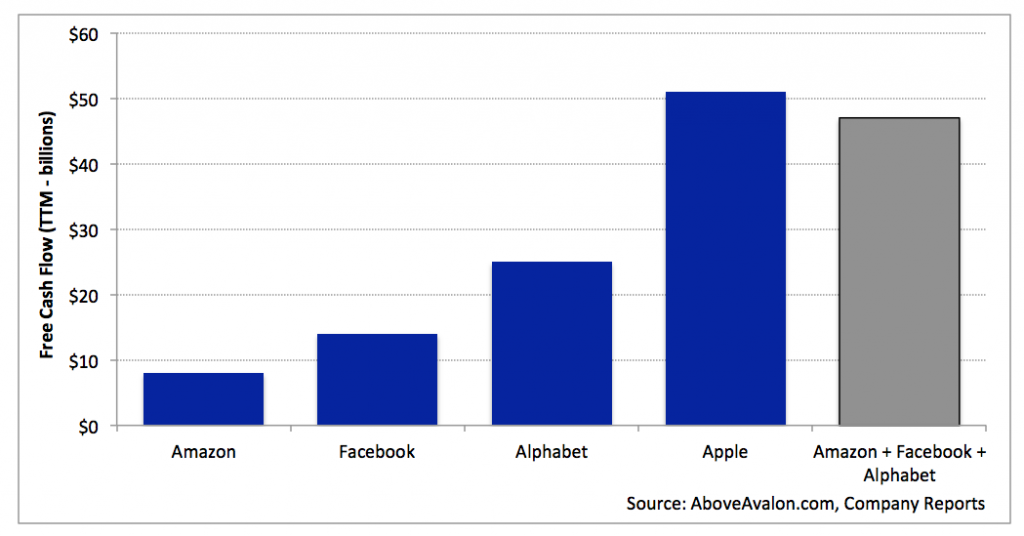When sales growth slows down, inflation remains high and consumers pull their belts.
This means it’s time to buckle up.
The importance of business cash flow during a recession is most important and we can’t deny that.
But first, let’s acknowledge that managing cash flow is a multifaceted endeavor that goes beyond just crunching numbers. It requires an entrepreneurial mindset, a keen eye for detail, and the willingness to adapt to changing circumstances.
Let’s unlock the potential of your small business and ensure your prosperity, one cash flow strategy at a time. Are you ready to revolutionize your financial future? Let’s dive in!

Why Does Having an Effective Cash Flow Management Strategy Matter?
As per stats, a small firm fails 82% of the time due to not being able to manage enough cash flow or a lack of knowledge of cash flow.
This is the very reason why having an effective cash flow management strategy is crucial for financial health. It involves monitoring, analyzing, and optimizing the inflow and outflow of cash within an organization.
Here are several reasons why having such a strategy matters:
Ensures Business Continuity: A well-managed cash flow ensures that the business can continue its operations smoothly meet its financial obligations, including timely payment of payrolls, and avoid potential disruptions.
For example, Apple Inc. is renowned for its effective cash flow management strategy. Apple’s diverse product offerings, including iPhones, iPads, Mac computers, wearables, and services, contribute to a steady stream of cash inflows. This diversified revenue stream helps balance fluctuations in demand and ensures a stable cash flow.

Source: aboveavalon.com
Apple’s products, particularly the iPhone, have historically enjoyed high-profit margins. By pricing its products competitively and maintaining strong brand loyalty, Apple maximizes its cash inflows and profitability.
Enables Timely Payments: With an effective cash flow management strategy, a business can make timely payments to suppliers and creditors and reduce common invoicing problems. This not only enhances the company’s reputation but also helps in building strong relationships with suppliers, often leading to better credit terms and discounts.
Managed Working Capital: Stats suggests that 82% of all businesses fail due to poor cash flow management. Efficient cash flow management allows businesses to optimize their working capital. By understanding cash needs and patterns, a company can maintain an optimal level of inventory, manage accounts receivable, and control accounts payable effectively.
Facilitates Debt Management: For companies that have borrowed funds, cash flow management is essential in ensuring the timely repayment of debts. Properly managing cash flow enables a business to avoid defaulting on loans. This can severely impact its credit rating and future borrowing capacity, similarly to if someone fell victim to credit card theft.
Identifies Cash Shortages and Surpluses: By closely monitoring cash flow, businesses can identify periods of cash shortages or excess. This allows them to plan and make informed decisions, such as securing additional funding during lean periods or investing surplus cash to generate returns.
Giant companies like Tesla have also faced cash shortages during their early years as they ramped up production and invested in electric vehicles. At times, the company faced challenges which required careful cash management. To address these issues, Tesla raised funds through debt and equity offerings, secured government incentives and loans, and managed its working capital more efficiently. As the company continued to grow and improve its financial position, the cash flow situation improved.

Source: Statista
Reduces Financial Stress: Cash flow in small businesses is a management that minimizes financial uncertainties and reduces stress for business owners and management. Predictable cash flow patterns allow companies to make better decisions and plan long-term.
Facilitates Strategic Decision Making: Having a clear understanding of cash flow patterns enables businesses to make informed strategic decisions. Whether it’s expanding to new markets, diversifying product lines, or implementing cost-saving measures, a solid cash flow management strategy plays a crucial role in supporting these initiatives.
Top Small Business Cash Flow Management Strategies
A recent study from Intuit found that 61% of small businesses around the world struggle with cash flow. Also, nearly one-third of those surveyed are unable to pay vendors, themselves or even improve their business credit score.
Now is the time to get to the point and discuss the top cash flow management strategies that can help small business owners maintain a healthy financial position while keeping up with their established product roadmap:
- Create a Cash Flow Forecast: Develop a detailed cash flow forecast that projects your expected cash inflows and outflows over a specific period (e.g., monthly or quarterly). This allows you to predict potential cash shortages or surpluses and take proactive measures accordingly.
- Monitor Accounts Receivable: Keep a close eye on outstanding invoices and implement a robust credit control process. Encourage timely payments from customers and consider offering discounts for early payment to improve collections.
- Manage Accounts Payable: Negotiate favourable payment terms with suppliers while maintaining positive relationships. It is important to aim and extend payment periods without damaging supplier relationships.
- Control Inventory: Avoid excessive stockpiling of inventory by optimizing inventory levels based on demand forecasts. Excess inventory ties up cash and can lead to obsolescence or increased storage costs.
- Implement Cash Reserves: Set aside a portion of profits as cash reserves to cover unexpected expenses or lean periods. Building a cash cushion provides financial security and reduces reliance on external financing.
- Tighten Expense Management: Regularly review and assess business expenses to identify areas where cost-cutting measures can be implemented without compromising the quality of products or services.
- Consider Financing Options: Explore different financing options, such as business lines of credit, small business loans, or invoice factoring, to access additional funds when needed. However, be mindful of the associated costs and terms.
- Offer Multiple Payment Options: Provide customers with various payment methods, including credit cards, online payment gateways, and mobile payment platforms. Offering convenient payment options can expedite cash inflows.
- Monitor Cash Flow Regularly: Keep a constant watch on your cash flow statements and compare them to your cash flow forecast. Regular monitoring helps identify deviations and allows for swift action to address any issues.
- Utilize Technology: Use accounting software and financial tools to streamline invoicing, expense tracking, and cash flow management. Automation can save time and reduce the chances of errors.
- Diversify Revenue Streams: Relying heavily on a single source of income can be risky. Diversify your revenue streams to reduce the impact of fluctuations and live a debt-free life in any particular market or industry.
- Cut Non-Essential Costs: Identify and eliminate non-essential expenses that do not directly contribute to your business’s core operations or growth.
Final Words
Remember, cash flow management is an ongoing journey that demands adaptability, and a willingness to learn from both successes and setbacks. Stay attuned to your business’s financial health and be ready to adjust your strategies as circumstances change.
Finally, surround yourself with financial experts, mentors, or other business owners who can offer guidance and support. There’s a vast community of entrepreneurs facing similar challenges, and sharing knowledge and experiences can be invaluable.
As you implement these strategies, keep your eye on the ultimate goal: the sustained growth and success of your small business.
Share this blog post with fellow entrepreneurs and let’s empower each other to thrive in the world of small business ownership. If you have any questions or need personalized advice, don’t hesitate to contact us. Let’s make your small business dreams a reality together!























Leave a comment!